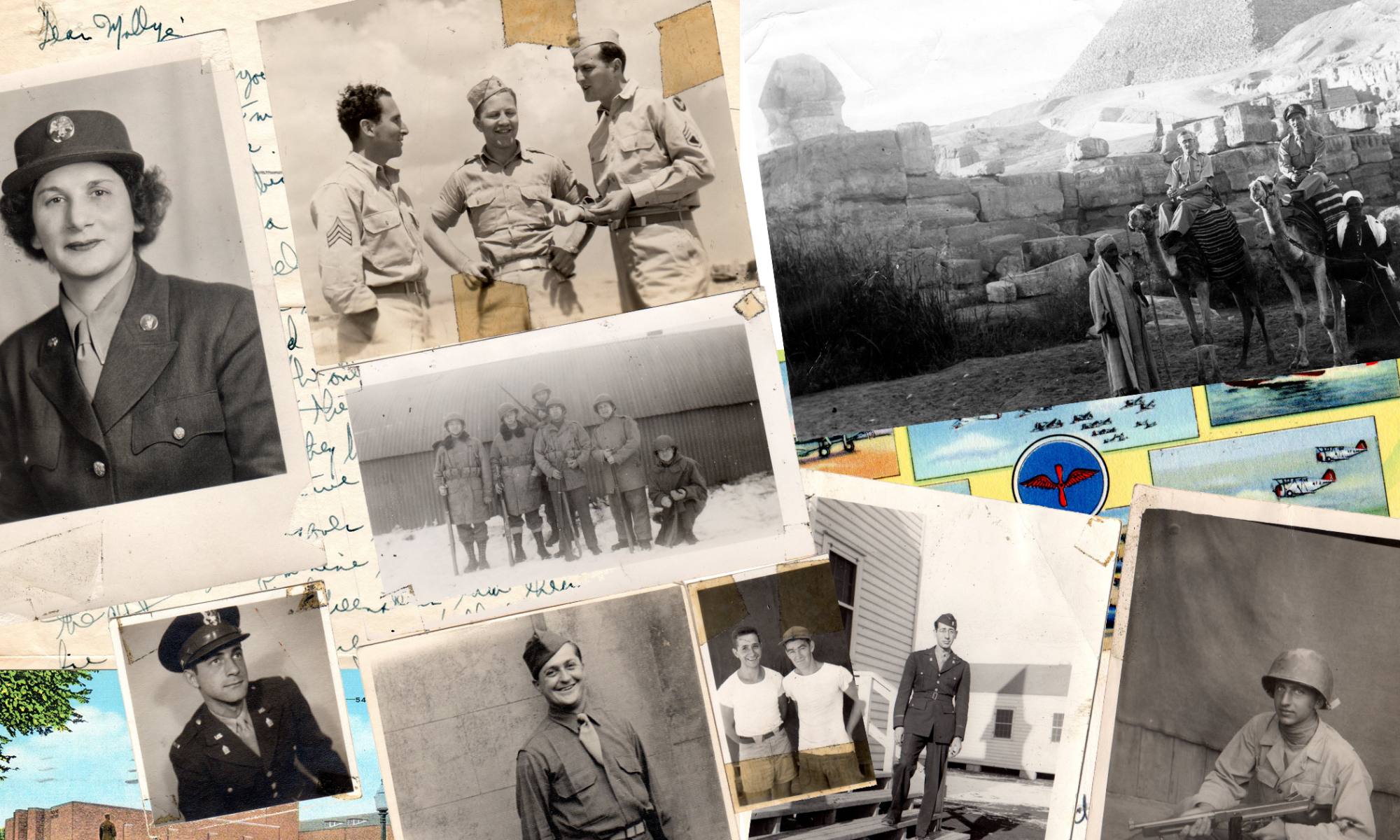By RENEE SHATZ
Editor’s Note: Renee Shatz is the executive director of the University of Delaware Hillel.
In 1939, Yetta Chaiken was an impressionable freshman at the University of Delaware. There, the former Yetta Zutz received a fast education in what it meant to be a minority student.
She faced quotas on admission to select schools and classes and learned not to set her sights on certain careers.
Few sororities would allow her to pledge. The only “fraternal” option for Jewish collegiates were a few Jewish houses founded essentially as self-protection societies. Some Jewish students on campus were subjected to a particularly cruel form of hazing – having swastikas painted on their foreheads with silver nitrate.
“Our nation and our community of Wilmington did not welcome any minority group,” recalled Chaiken, adding that Jewish men and women were particularly targeted for acts of prejudice. “All of America was an anti-Semitic environment.”
Ironically, a Protestant minister who taught history at the University inspired Chaiken to take pride in her Jewish identity. Professor Alben Barkley praised the contributions of Jews to Western civilization during a course on the Ancient World. Barkley’s class motivated her to pursue both a degree in history and a life-long commitment to Jewish continuity.
“In this anti-Semitic climate, Professor Barkley’s comments had a tremendous impact on me,” said Chaiken, adding that “The more I learned (about Jewish history), the more I studied, the more fascinated I became.”
Recently, the University of Delaware honored Chaiken for her dedication to Delaware’s Jewish community, to the University and its Jewish studies programming. More than 150 community members joined Chaiken’s friends and family to watch her receive the Medal of Distinction – U of D’s highest honor. University President David P. Roselle presented the award at MBNA America Hall in Newark in tribute to her personal contributions to campus life and in recognition of the gift made by Chaiken and her late husband, Frank that launched the school’s Jewish studies program.
The Frank and Yetta Chaiken Center for Jewish Studies opened its doors in 1994. Since its founding, 45 students have graduated and another dozen are currently taking four to five classes a semester in fields including history, literature, sociology and Hebrew language. They also enjoy lecturers from prominent Jewish figures such as novelists Marge Piercy or Philip Roth.
Center Director Sara Horowitz stresses that you don’t have to be Jewish to participate. “Jewish studies aren’t just for Jews – The Center is a very important part of the academic picture now,” she explained.
The Chaiken family’s generosity also helped finance construction of the Holocaust Museum in Washington and create an art fund at the Jewish Community Center.
Chaiken is the daughter of Russian immigrants who met in America. Like many first-generation Americans, she is committed to education, particularly history. The Wilmington native taught history in the city’s Warner and Mount Pleasant Junior High Schools and conducted the very first women’s junior high school history course in the State of Delaware.
She has worked with the Delaware Historical Society to teach history to children with reading problems and has conducted oral histories of Delaware’s early Jewish residents. These accounts are now preserved in the University of Delaware Library.
Chaiken has volunteered her time to a number of community organizations including the Jewish Voice which she served as a former Editorial Committee Chair, Kutz Home, JCC and the League of Women Voters. However, her greatest energies are directed to the University of Delaware.
She credits the school with shaping her Jewish identity and will recount her experiences in her soon to be published memoirs. “Although I went to Hebrew School as a young girl, my roots took hold during my time here,” she said.
Chaiken also was honored by the University’s Hillel as one of three recipients of its Jewish Life on Campus Award. Sharing in this honor was Bennett Epstein, a longtime board member and Pearl C. Kristol. Kristol and her late husband, Abe provided the funds for Hillel’s current site on West Delaware Avenue.
“All of our award recipients live their lives according to Jewish principles,” said Lelaine Nemser vice president of the Hillel board of directors. “They are indeed inspiring role models to all those around them,” he concluded.
Originally published in The Jewish Voice, April 30, 1999, p. 1.





 We are excited about our annual meeting and eager to share our program, Telling Our Stories: Oral History in Delaware’s Jewish Community. But we know that rescheduling this event to a future date is best for our members and our community. Please check back. We’ll post a new date for our meeting soon.
We are excited about our annual meeting and eager to share our program, Telling Our Stories: Oral History in Delaware’s Jewish Community. But we know that rescheduling this event to a future date is best for our members and our community. Please check back. We’ll post a new date for our meeting soon.